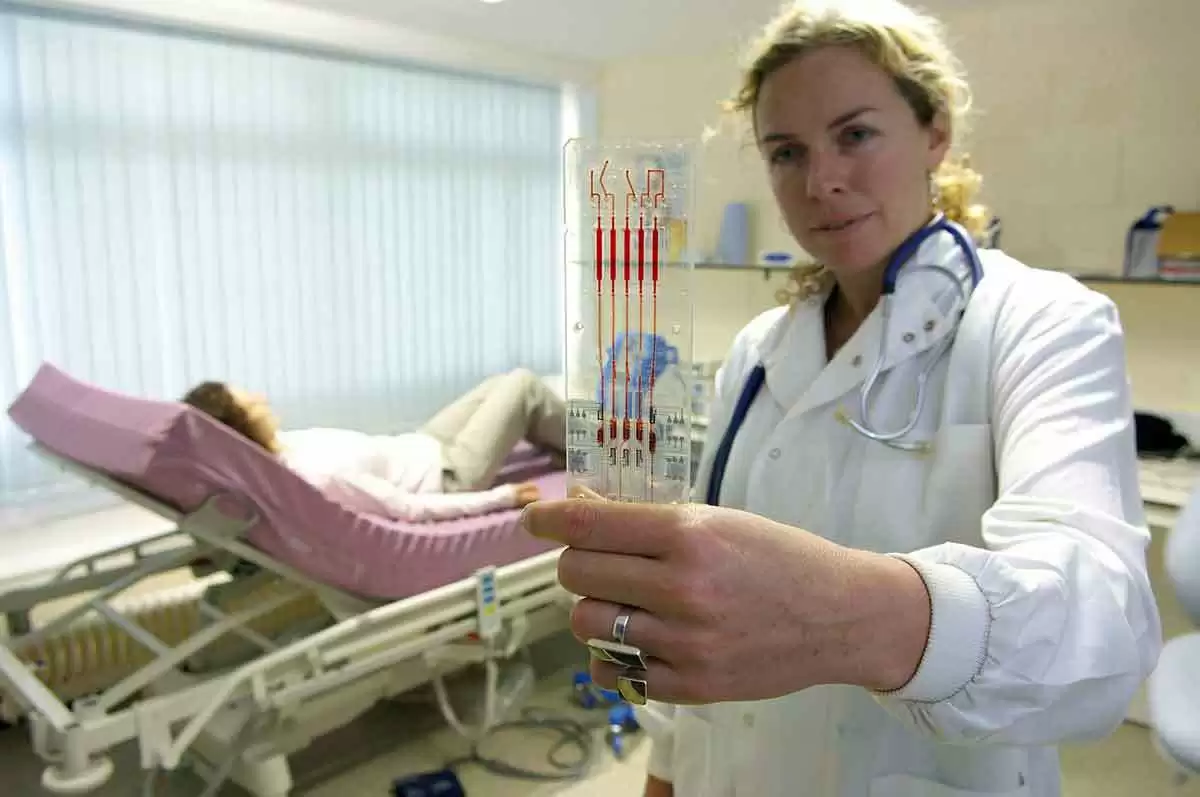
Celiac.com 11/01/2021 - Globally, there are major regional differences in rates and instances of celiac disease that cannot be explained by HLA genetics alone. To date, more than forty genetic sites outside of the HLA region have been connected with celiac disease.
A team of researchers recently set out to investigate the roles of these non-HLA genes in the development of tissue transglutaminase autoantibodies (tTGA) and celiac disease using a large international prospective cohort study.
Celiac.com Sponsor (A12):
The research team included Ashok Sharma, Xiang Liu, David Hadley, William Hagopian, Edwin Liu, Wei-Min Chen, Suna Onengut-Gumuscu, Ville Simell, Marian Rewers, Anette-G. Ziegler, Åke Lernmark, Olli Simell, Jorma Toppari, Jeffrey P. Krischer, Beena Akolkar, Stephen S. Rich, Daniel Agardh, Jin-Xiong She, and TEDDY Study Group.
The team conducted specific HLA genotype screening on nearly 425,000 newborns from the US and European general populations, and first-degree relatives with type 1 diabetes.
About 21,500 carried 1 of the 9 HLA genotypes tied to increased risk for type 1 diabetes and celiac disease. The team then followed nearly 8,700 of the children in a 15 year prospective follow-up study. They used the the Illumina ImmunoChip to conduct genotype analyses on just over 6,000 children, and used radio-ligand binding assays to measure tTGA in serum samples.
They made diagnoses of celiac disease based on persistent detection of tTGA and biopsy analysis. They used Cox proportional hazards ratios to analyze the data. Their analyses of time to celiac disease showed 54 single-nucleotide polymorphisms (SNPs) in the TAGAP, IL18R1, RGS21, PLEK, and CCR9 genes that are connected with celiac disease.
Outside of regions previously associated with celiac disease, the team found 10 SNPs in 8 regions that are potentially associated with celiac disease. The SNP rs117128341, near PKIA, and the SNP rs117139146,near PFKFB3 both reached the genome-wide association threshold in subjects from Sweden.
The team's analyses of time to detection of tTGA showed twenty-nine SNPs in the CTLA4, LPP regions previously connected with celiac disease, along with six SNPs in five regions not previously connected with celiac disease.
The data show that non-HLA genes are play a role in tTGA development, and demonstrate celiac disease development in five non-HLA regions previously associated with the disease, and eight regions not previously associated with celiac disease.
Read more at PLoS One. 2016; 11(3): e0152476.
The researchers in this study are variously affiliated with the Center for Biotechnology and Genomic Medicine, Georgia Regents University in Augusta, Georgia; the Pediatric Epidemiology Center, Department of Pediatrics, University of South Florida, Tampa, Florida; the Division of Population Health Sciences and Education, St George's University of London, London, United Kingdom; the Pacific Northwest Diabetes Research Institute, Seattle, WA, United States of America; the Digestive Health Institute, Children’s Hospital Colorado, University of Colorado Denver, Aurora, CO, United States of America; the Center for Public Health Genomics, University of Virginia, Charlottesville, VA, United States of America; the Department of Pediatrics, University of Turku, Turku, Finland; the Barbara Davis Center for Childhood Diabetes, University of Colorado Denver, Aurora, CO, United States of America; the Institute of Diabetes Research, Helmholtz Zentrum München, and Klinikum rechts der Isar, Technische Universität München, and Forschergruppe Diabetes e.V., Munich-Neuherberg, Germany; the Department of Clinical Sciences, Lund University/CRC, Malmö, Sweden; the National Institutes of Diabetes and Digestive and Kidney Disorders, National Institutes of Health, Bethesda, MD, United States of America; the Diabetes and Celiac Disease Unit, Lund University, Malmo, Sweden; the National Taiwan University, TAIWAN









Recommended Comments
There are no comments to display.
Create an account or sign in to comment
You need to be a member in order to leave a comment
Create an account
Sign up for a new account in our community. It's easy!
Register a new accountSign in
Already have an account? Sign in here.
Sign In Now